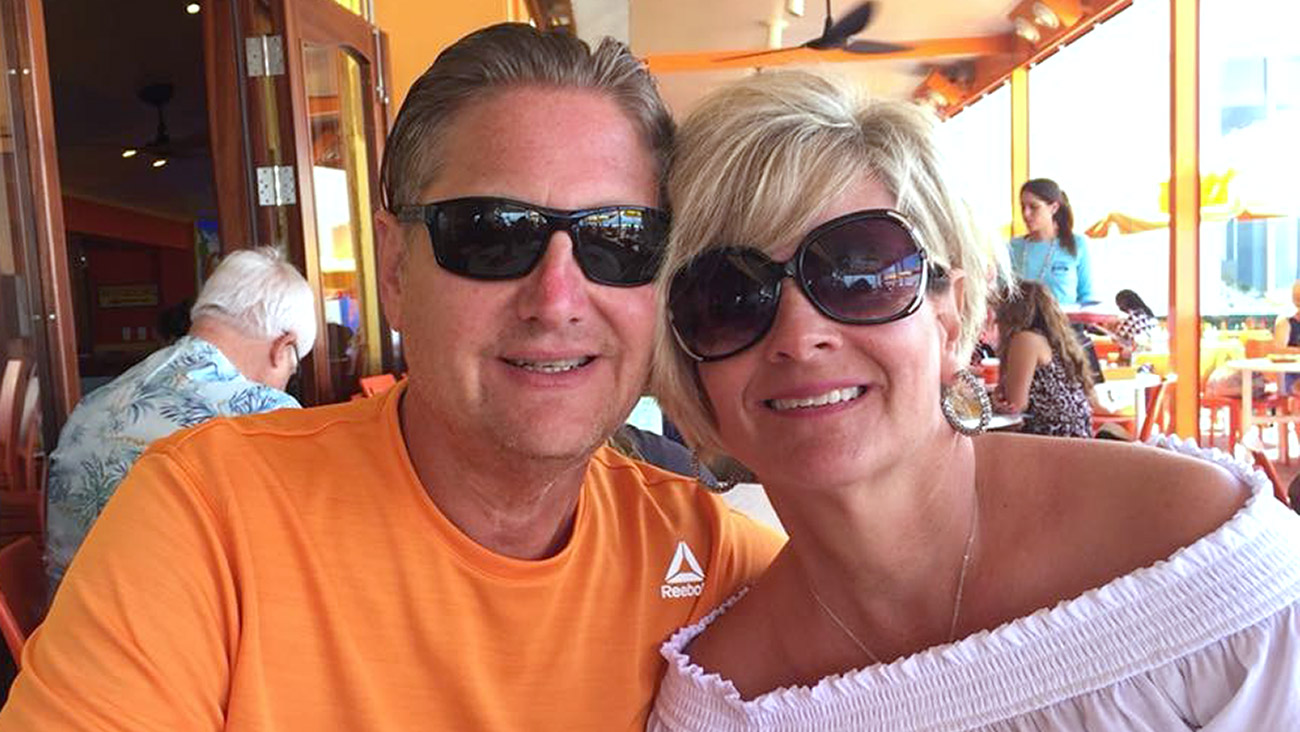
Walter (Wally) Gardner of Mentor, Ohio, began his weight loss journey with Cleveland Clinic in 2015. At the time, he weighed 278 pounds and was taking 13 different medications for diabetes, high blood pressure and other medical conditions.
As he was investigating bariatric surgery options, Wally’s online research led him to Cleveland Clinic’s Medical Weight Management Program, where he worked closely with Bartolome Burguera, MD, PhD.
“Dr. Burguera told me there was a way to achieve good results without surgery if I was willing to stick with the program,” says Wally. “He couldn’t promise it would totally reverse my diabetes, but it would become easier to treat.” Dr. Burguera helped Wally to revamp his eating habits, begin an exercise routine and adjust his medications. “He had me start walking on a treadmill, and I haven’t missed a day since,” says Wally.
For nearly 10 years, Wally has maintained a weight loss of about 100 pounds, and he attributes much of his success to his participation in Cleveland Clinic’s shared medical appointments (SMAs) program.
“Cleveland Clinic has done over 340,000 SMAs for patients with chronic conditions like diabetes, asthma and high blood pressure, as well as for weight loss, osteoporosis, wellness, mood disorders and more since our program was introduced in 2010,” says Marianne Sumego, MD, an internal medicine/pediatric physician, and director of the program.
Groups of no more than 7 patients in Cleveland Clinic’s Medical Weight Management Program share medical appointments once a month (offered in-person and virtually). During the 60 -minute appointment patients have one-on-one time with their physician or nurse practitioner and participate in group sessions on nutrition, exercise, stress management, and good sleep habits.
“The SMAs made a big difference for me because of the accountability. I never wanted to be the person who walked in that didn’t lose weight or didn’t have something positive to bring to the table,” says Wally. “There were times I’d be struggling with something but wasn’t sure I wanted to ask the question, and often someone else in the group would bring it up. It was so helpful to know that I wasn’t the only one going through this obesity struggle.”
When Dr. Sumego needed someone to participate in panel discussions, outreach to other healthcare providers, or share their story with other organizations or at conferences, Dr. Burguera suggested Wally.
“We encounter many people who are just like Wally was – struggling with multiple conditions and taking multiple medications, with obesity being the driver of that,” says Dr. Sumego. “Wally is great at sharing his story because he’s very enthusiastic and compelling.”
Whenever Dr. Sumego calls to ask for his help, Wally says yes.
“The first thing I always tell people is to lose the word ‘diet’. A diet is something you do to try to fit into a pair of pants next week. To be successful in maintaining a healthy weight, exercise is key. You need to make whole lifestyle changes and do things that are sustainable,” Wally explains.
Related Institutes: Endocrinology & Metabolism Institute

